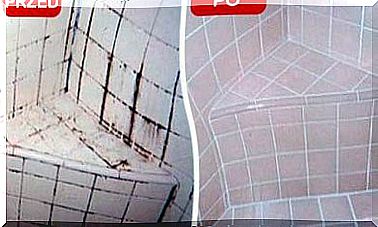7 Organs You Don’t Need To Live
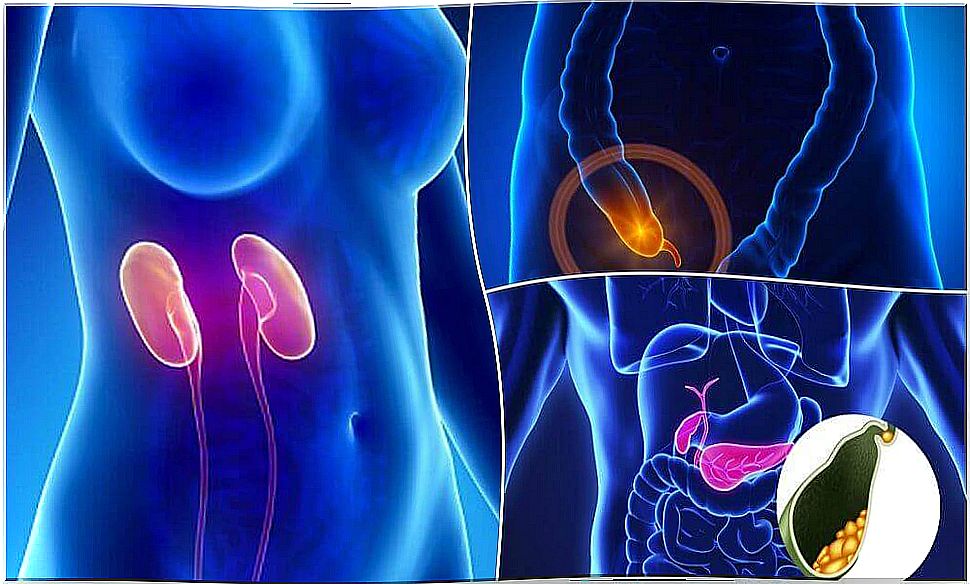
Did you know that there are some organs that you don’t really need to survive? The human body is a structure that continues to surprise scientists. Although it is very complicated and its functions may vary from person to person, most of it has properties that are, to say the least, fascinating.
For example, although each organ has its own role, in the event of an accident, deformity or disease, some of them are not needed for survival. In fact, over time and evolution, some have lost their function, so removing them does not harm your health.
Do you know referred to? In this article, we will present 7 redundant organs.
1. Tonsils
Our tonsils are part of the immune system that we don’t need to survive. While they are helpful in protecting the respiratory system against bacteria, they actually stop working when we turn 3 years old.
Some even believe that it’s best to have them removed early in life to avoid health problems.
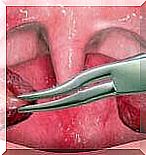
- Doctors recommend removing them when someone often suffers from tonsillitis.
2. The appendix
The appendix is a small pouch-shaped organ that attaches to the large intestine on the lower right side of the abdomen. Despite its location, it is not an obstacle in the digestive process. In fact, the appendix has no known function.
- Many people learn about the existence of an appendix only when an infection or inflammation develops causing the appendicitis, and then it must be removed.
- After its removal, there are no negative effects on health, and the patient can lead a normal life without any disruptions.
3. The spleen
Despite this, it is not essential to our functioning and can be removed in the event of an injury or chronic disease. The patient can go on with his life, you just have to watch out for infections.
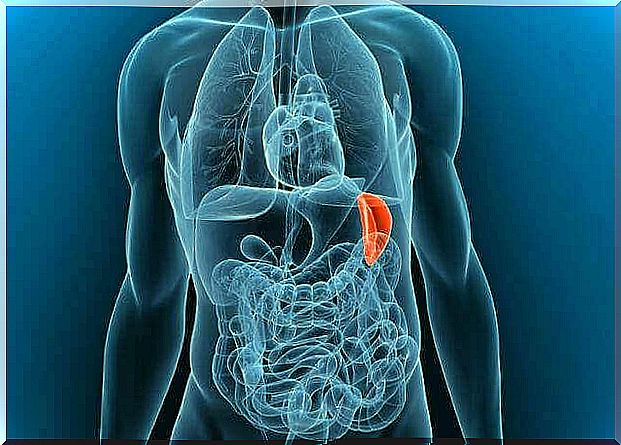
4. The reproductive organs are some of the organs you don’t need to survive
The reproductive organs such as the ovaries, uterus, and testes have an obvious function. Even so, they can be removed in the treatment of certain chronic diseases. In most cases, doctors recommend that they be removed in the fight against cancer so that it does not spread. However, it may also be recommended as a treatment for other diseases.
- After undergoing surgery to remove your reproductive organs, there are usually no serious side effects. Hormone supplements may also be taken to compensate for deficiencies.
5. Kidney
Nobody can deny that the kidneys are important to the proper functioning of our body. They filter the blood, produce urine, and play an important role in the proper functioning of other organs.
The interesting thing is that, even though we have two, we only need one to survive. You can be born without a kidney, suffer from kidney failure due to an injury or disease, or even give one to someone who needs it and not suffer significant damage to your health.
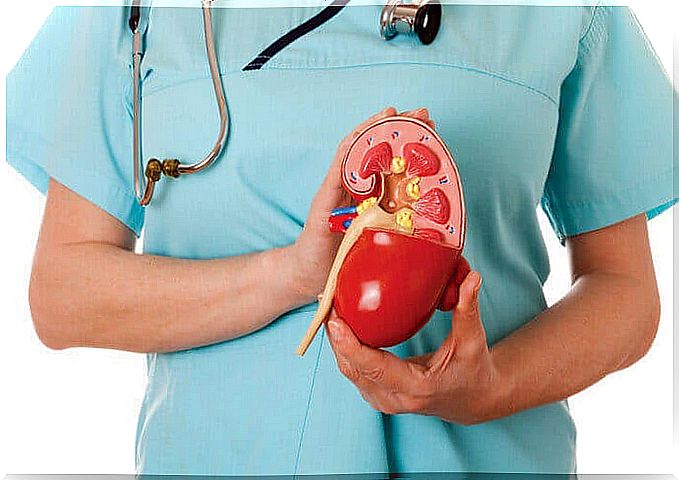
- Generally, people living with only one kidney have a normal life expectancy and experience few effects associated with it.
- However, certain preventive measures are necessary to keep the kidney healthy and avoid complications.
6. Gall bladder
The gallbladder is a small, green, pear-shaped sac that hides behind the liver. Its main function is to store and release bile which is essential for the digestion of food.
When his condition worsens or there are complications such as gallstones or even cancer, doctors recommend removing it.
- Despite its role in the digestive process, removing the gallbladder usually causes no problems.
- Some patients may experience diarrhea and swelling, but only if they eat heavy and “irritating” foods.
7. Stomach
Although it may seem impossible, humans can survive without a stomach. In fact, there is even a surgical procedure called total gastrectomy in which the entire stomach is removed as a method of fighting cancer.
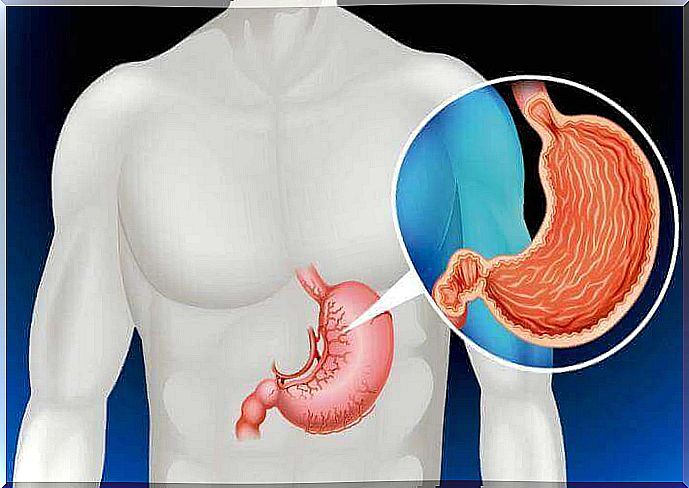
In this procedure, surgeons connect the small intestine to the esophagus. Following surgery, the patient must be tube-fed for several weeks until fully recovered.
- Due to the complexity of the procedure, those who undergo it must follow a strict treatment plan.
- Patients can consume most foods, but much less.
- Dietary supplements are recommended in case of problems with the absorption of nutrients.
As you can see, although it is better to keep these organs in good health, we have organs that we do not need to survive in the event that their removal becomes necessary. Remarkable, isn’t it?





